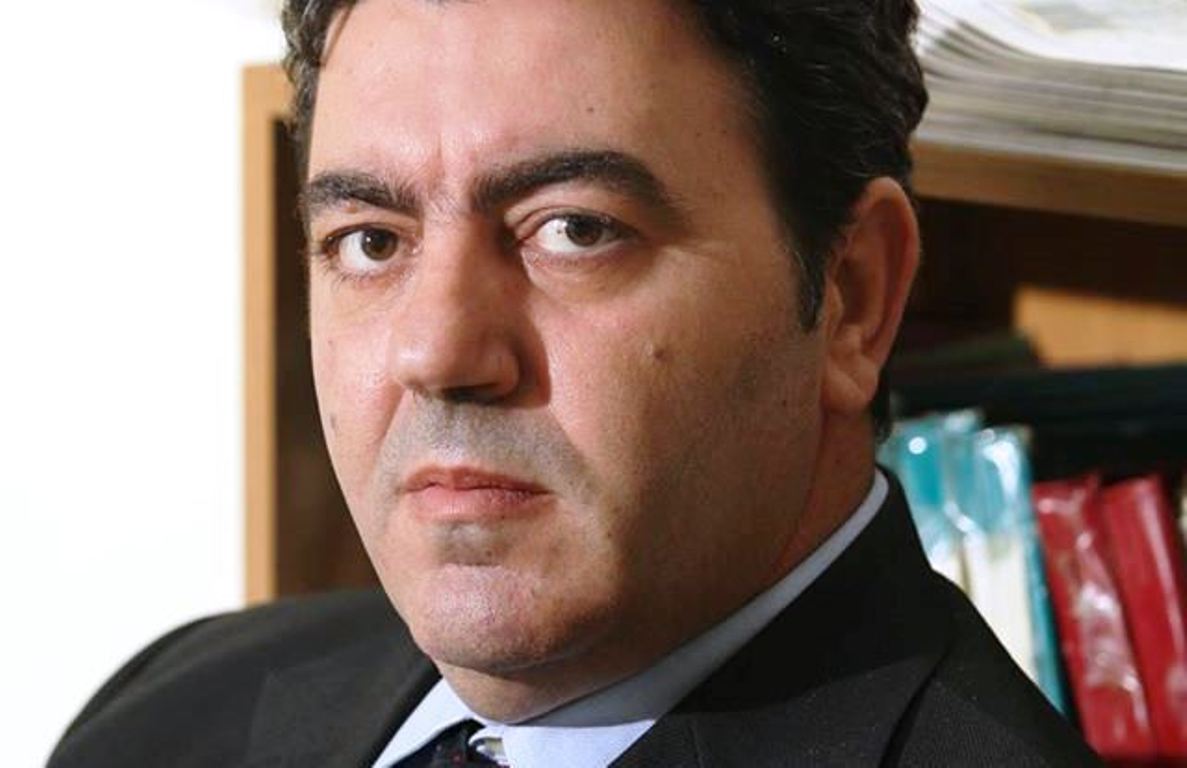
By Plator Nesturi
Up until a few years ago, if we saw the itineraries of the Balkan Foreign ministers, we could notice that they mainly travelled in two lines: Athens-Sofia-Belgrade and Ankara-Tirana-Bosnia. In all cases, their paths were crossed in Skopje. However, those were different times. Greece was the only Balkan country part of the EU. Also, during that time when the strength of the USA was incomparable, the interests of each country were decided within a general game and structured political framework. The EU had appointed Italy and Greece to take care of these mischievous Balkan countries and this situation would remain unchanged for a long time.
Now, many things have changed. First, the map has changed. The creation of Montenegro and Kosovo as independent states has brought new players in the game, but also a change of the powers in this arena of influences. The fact that Russia’s weight and its interests in the region has grown, along with its direct impact on what happens in the Middle East, has made Balkans more sensitive. In front of such factors, when the seeds of conflicting nationalism are ready to react as soon as they are given a chance, the weight of a caretaker such as Athens, ruined by the financial crisis and Italy, which has many domestic problems, would make it difficult to manage a region which is known for its stubbornness and surprises when it comes to its closest neighbor. What attracted these countries, which shared many problems, toward moderation in their stances, was the idea of a big unification, where they could feel equal to any other European state, because in the Balkans, each state considers itself better than the neighbor, but when it comes to the issue of Europe, everyone feels that it has many deficits.
But even this dream, which disconcerted nationalism and pushed Balkan countries to democratize themselves, seems to be lasting a long time. After Croatia’s entry in the Balkans, the process seems to have stopped and it’s not known when it will be set in motion again.
In conditions of a European skepticism, Brexit, emigration from Middle East and North Africa, Eastern asylum seekers and the crisis itself which starts to activate various mentalities that blame Brussels’ bureaucracy for this, the process of the integration of other countries which are part of this process, cannot even be imagined at the moment, despite the encouraging declarations made by EU officials engaged or focused on the Balkans. So, a significant part of the map of Europe remains white. Bosnia and Herzegovina, Serbia, Montenegro, Kosovo, Albania and Macedonia remain like a big pool, the improvement of which has been left in the middle for lack of funds.
Brussels, pushed by Germany, are now the players that feel more responsibility about what’s going to happen in this region, which they have no more strength to lead it further toward the European family. But they cannot even leave it amid the chaos of other interests outside the region. What’s more, Turkey, which remains an active factor in the region, doesn’t play with the same interests with the EU, because Ankara is increasingly showing that it doesn’t intend to pursue its path toward EU integration.
Therefore, the Berlin meeting two years ago, when Merkel invited all the prime ministers of the Balkan, gave way to a different path for this region. Attention, but not integration for the time being. Reforms, but also the creation of an internal Balkan market.
As we saw in the Trieste summit and the one organized in Durres, the attention offered by Germany and Brussels were not lacking about this part of the Balkans which is not integrated. Not in the sense of progress, but support. Support for regional projects that link the countries of the region with each other. Promoting the creation of a joint economic space between them, support for the continuation of democratization reforms according to EU principles. But this is as far as it goes. The EU Commissioner Hahn declared in the conference held after the regional meeting in Durres, that we must understand the fact that we cannot put a date on the process of integration. This remains as a perspective of the countries which are yet to be integrated, that the future is there, but it is not yet known when this perspective will be materialized.
Seeing the configuration of the maps of these countries, many started to articulate the term new Yugoslavia plus Albania. In the European logic, this term can be attributed to the creation of a joint economic space, as Tito’s former Yugoslavia prospered in this aspect. At the end of the day, the EU itself started as a project of a joint economic space. But among Balkan countries, the term Yugoslavia has a different connotation, which relates to the Balkan wars that caused so many tragedies, human victims and economic destruction. Secondly, it’s a little early for Balkan countries to be as open and constructive with each other for the sake of an economic space that they have just divided with a war. Bridges have been blown up. And if there’s a will to reconnect once again, time and even more money is needed to build them again. Even more so for countries such as Albania, whose economic orientation is clearly dedicated to the EU countries, being very little present in the former Yugoslav space. Albanian diplomacy and economy need to think how to connect in this new space, if the country simply heeds every advice coming from Europe. So far, the main domain has been the energy domain and agricultural produce, but this is not enough in this new space. And in these circumstances, the idea of a Yugoslavia plus Albania may harm Albania.
Note: The views expressed in this article are the author's own and do not necessarily reflect Albanian Free Press’ editorial policy
